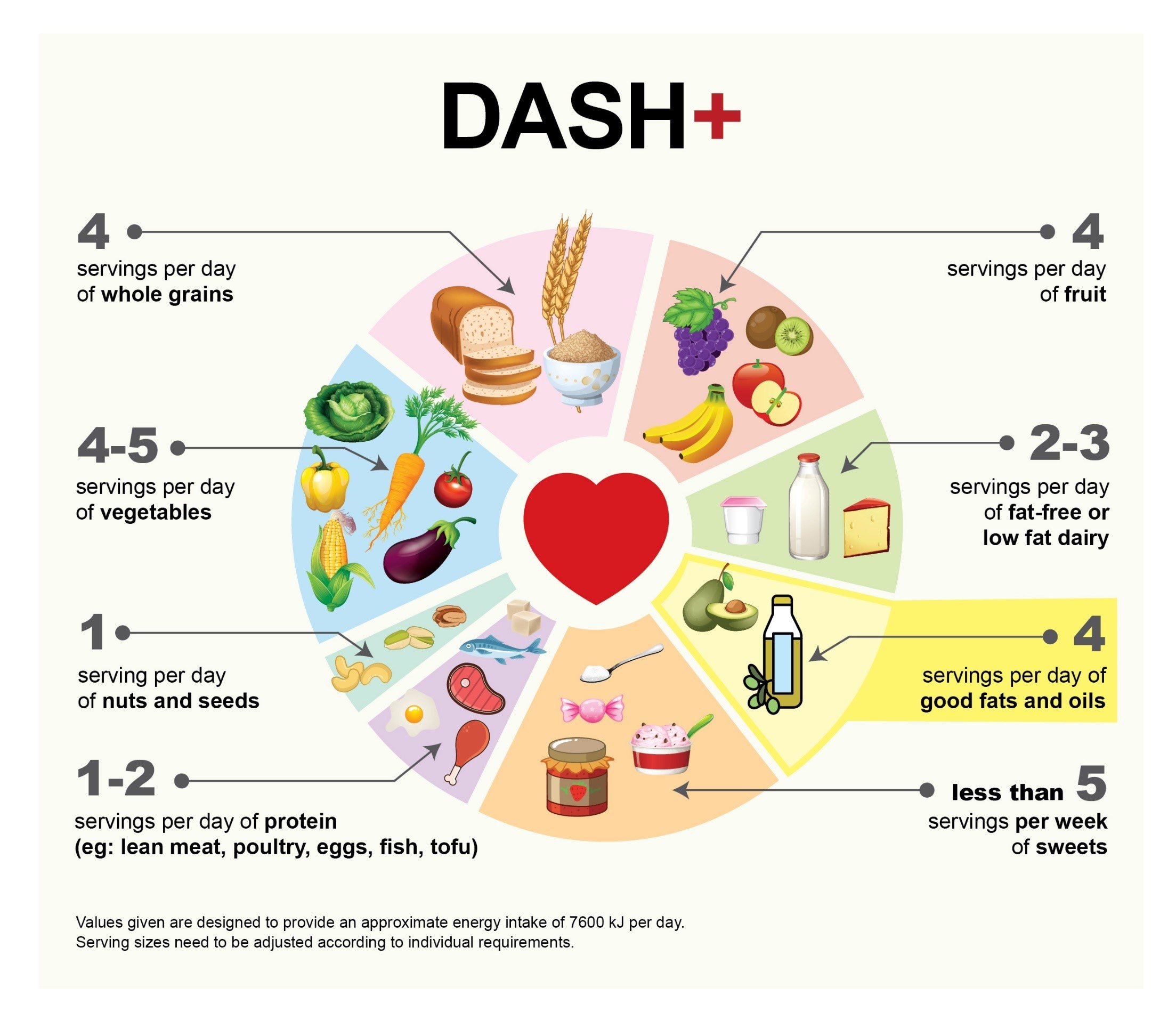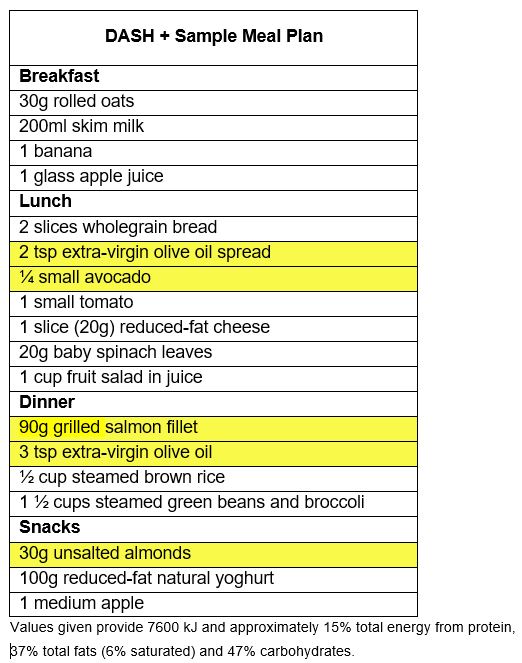A diet to reduce the risk of heart disease: DASH+
June 7, 2020

Our next blog is by Chrissy Freer is a nutritionist and health author who works in the food publishing industry. Her key area of interest is dietary and lifestyle interventions for the prevention and management of chronic disease. She recently completed her Masters degree in Human Nutrition at Deakin University to further her ongoing nutrition knowledge. As part of her degree, Chrissy completed an assignment on Healthy Ageing, which Deakin’s Institute for Physical Activity and Nutrition has expertise in. Below she shares some insights from her assignment, including what the DASH+ diet is and how it can reduce the risk of heart disease.
Our health
You probably know someone who has high cholesterol and manages it with medication. One in three adults have high cholesterol, while two in three have abnormal blood lipids (called dyslipidaemia). Having high low-density lipoprotein (LDL) ‘bad’ cholesterol puts you at increased risk for atherosclerosis (plaque in your arteries), high blood pressure and heart disease. In fact, heart disease is the leading cause of death worldwide.
The good news?
Following a healthy diet can improve your blood lipids and reduce the risk of heart disease. The Dietary Approaches to Stop Hypertension (DASH) dietary pattern, first developed in the 1990’s, is currently recommended to reduce high blood pressure (hypertension). The DASH diet focuses on eating an abundance of fresh fruit, vegetables and whole grains, as well as including low fat-dairy, fish, lean meats and nuts, while limiting your intake of salt, processed sugars and saturated fats. The DASH diet has also gained recognition as a strategy to improve blood lipids and heart disease risk, and scientifically shown to reduce LDL cholesterol in a large controlled feeding study.
While the original DASH diet lowered LDL and total cholesterol, it also reduced the ‘good’ high-density lipoprotein (HDL) cholesterol, and had no significant effect on ‘bad’, triglyceride fats. A subsequent study, which looked at manipulating the macronutrient ratios of DASH demonstrated increasing the healthy fats (mono and polyunsaturated fatty acids) of DASH by 10%, with a corresponding reduction in carbohydrate, also reduced triglycerides and potentially increased ‘good’ HDL cholesterol. This modified version of DASH with additional healthy fats (referred to here as DASH +) may therefore further enhance the benefits of DASH for lipids and heart health.
Adopting the DASH + diet with extra serves of healthy fats (source Chrissy Freer)

A sample daily meal plan for DASH + highlighting additional healthy fats (source Chrissy Freer)

Click here for more information about Deakin IPAN’s research into physical activity and nutrition or follow us on Twitter @DeakinIPAN